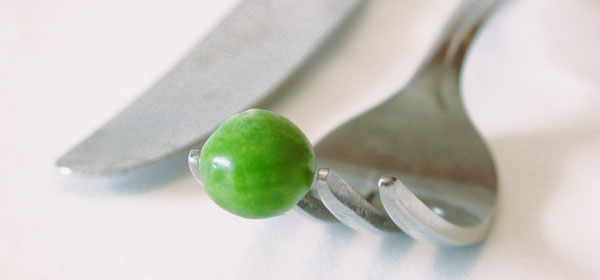For most of us, losing weight is difficult enough – we don’t want to think about it as well. New research shows that Australians are forking out hundreds of dollars for quick-fix diets for weight loss solutions each year. But dieticians are warning that this is a waste of time and money with short-lived results.
Australia’s peak body for nutrition professionals, the Dieticians Association of Australia (DAA), has revealed the results of a national survey in which 1033 Australians aged 18–64 years were asked about their dieting habits. Over the last year, nearly half (46 per cent) of adults had actively attempted to lose weight. What’s more, 47 per cent of those adults spent money on a specific diet or diet program in order to facilitate their weight loss.
For the 10th annual Healthy Weight Week (13–19 February) the DAA wants to make Australians aware of the helpful tailored advice and support on offer by Accredited Practising Dieticians (APDs).
While many people happily pay up to $200 for an eight-week meal plan and do see some positive weight loss results, it isn’t necessarily a long-term solution.
With 11.2 million Australians overweight or obese, it’s clear that popular fad diets simply aren’t working. Clare Collins, DAA Spokesperson Professor, wants Australians to know that having the proper support is key to not only losing, but also keeping the weight off, for good.
“The greatest success is seen with ongoing counselling and support. Studies comparing different diets, such as the 5:2 diet and a reduced-kilojoule diet, show that weight loss slows once dietician follow-up stops, regardless of the diet followed. Having that regular touch point for support is key,” said Professor Collins.
Professor Collins also said that many one-size-fits-all diet plans also push customers to buy costly recipes and ingredients that may be similar or even nutritionally inferior to everyday health alternatives.
“Coconut oil pops up in many popular diet plans these days, but it’s around four times the price of heart-healthy olive oil, and ‘sugar-alternatives’ like maple syrup, at $9.00/100ml, will hurt your hip pocket, without saving you kilojoules.
“And beware of products piggybacking onto health trends, like Paleo and protein bars, some of which will set you back $3.00 for a tiny 40g bar, whereas you can buy an apple for less than a dollar,” said Professor Collins.
The DAA’s National Health survey found that most Aussies are missing out on vital nutrition. Less than half (49.8 per cent) of adults meet the Australian Dietary Guideline’s daily recommendation for fruit, while just seven per cent of adults eat the recommended daily serve of vegetables.
Geoff Furlong, a 56-year-old project manager from Sydney, gave up on one-size fits all diets this year when he decided to see an APD for weight loss.
“Previous diets were just ‘weight loss attempts,’ treating a few of the symptoms rather than dealing with the real issue. But life is longer than eight weeks. If you want to make a real, lasting change, you have to make real changes to your lifestyle. Few of us are able to do this on our own. For me, seeing an APD has been invaluable and has taught me skills and strategies to manage my weight long term,” said Mr Furlong.
For information about healthy eating for you, visit Dieticians Association of Australia. You can also access hundreds of healthy recipes for free on the Healthy Weight Week website.
Related articles:
10 superfoods for weight loss
Why it doesn’t matter when you eat
Tips to banish binge eating

